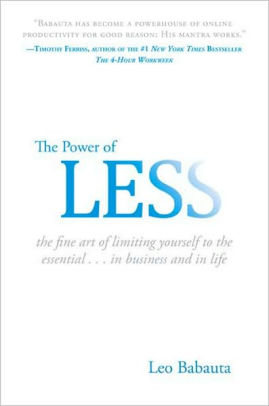
You never know when inspiration will happen. During a recent conversation at one of the many BBQs I’ve enjoyed so far this summer, the seed ideas for this post began germinating. At the time I didn’t connect the dots to motivation. However, after a good night’s sleep and morning mindfulness practice, an interesting link surfaced that I’m about to share with you. It gave me a new perspective about motivation that I hadn’t fully realized before. I hope it will be useful for you too.
In the conversation I had with a parent, she shared with me how frustrated and unhappy she was about her high school-aged child being home for the summer with no specific or productive plans. She relayed that her child had promised she would “do things,” but with a few weeks into the summer, her plans were non-existent. The mom didn’t want her daughter sitting around all summer “wasting” her time and doing nothing. From other stories that the mom shared about her daughter, it seemed as though she was regularly busy and engaged in life. But for this particular moment in time, she wasn't motivated to do anything.
It made me think about the times I’ve worked hard and for prolonged periods on a project. When those projects ended, my energy was depleted. The projects took a lot of sustained motivation to keep going and see them through. Post project, I needed non-pressured downtime to reflect and not do so that I could regroup and gear-up for next.
We live in a time when constant doing is the norm. It’s expected. Only when we’re on vacation or sleeping, do we allow ourselves (guilt-free) to stop and do less. However, I propose that we need these stopping or not doing periods more frequently. Let’s honor the motivation pendulum instead of expecting constant motivation to accomplish and to be busy. Let’s appreciate and respect the value of pausing after those big-push times.
The amount of activities, assignments, projects, and things that kids (and parents) have to juggle during the school year is immense. It’s no wonder that our children need a break from the intense, frenetic pace. Taking part of or the entire summer to pause can be a great way for our kids to restore their motivation reserves. And the truth is that having the summer off is one of the luxuries of childhood. Unless you’re a teacher, which a few of my friends are, most adults don’t have that opportunity anymore.
Whether you’re a kid or an adult, allow some downtime after expending sustained energy. Your motivation will return if you allow yourself time to come back to yourself.
What is your experience with the motivation pendulum? I’d love to hear your thoughts. Come join the conversation!














